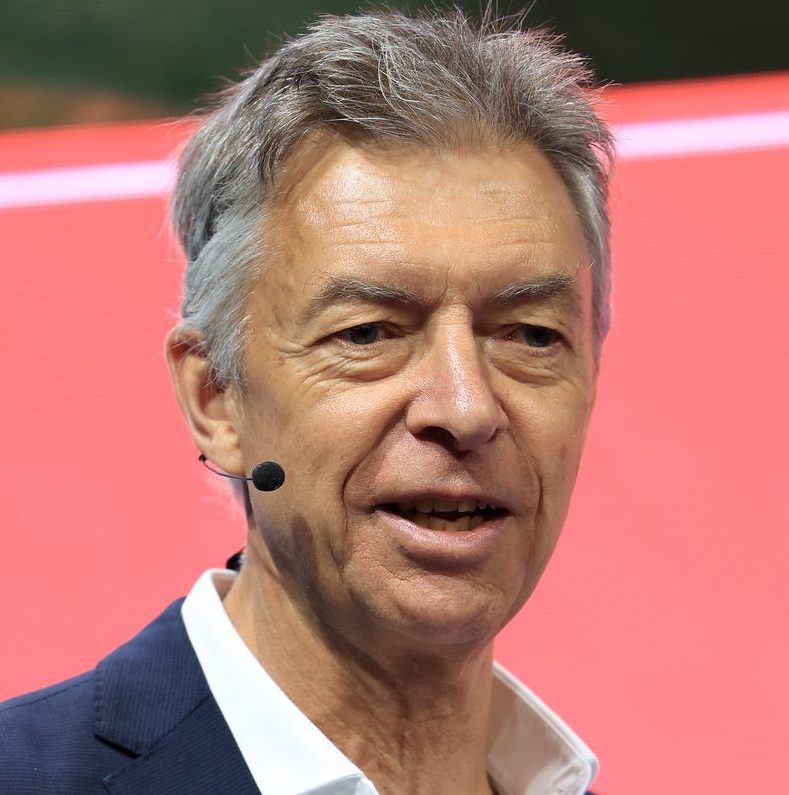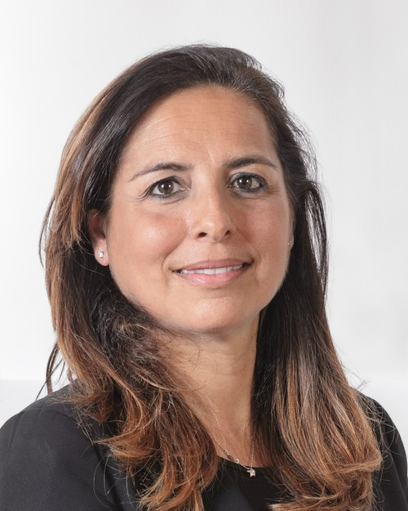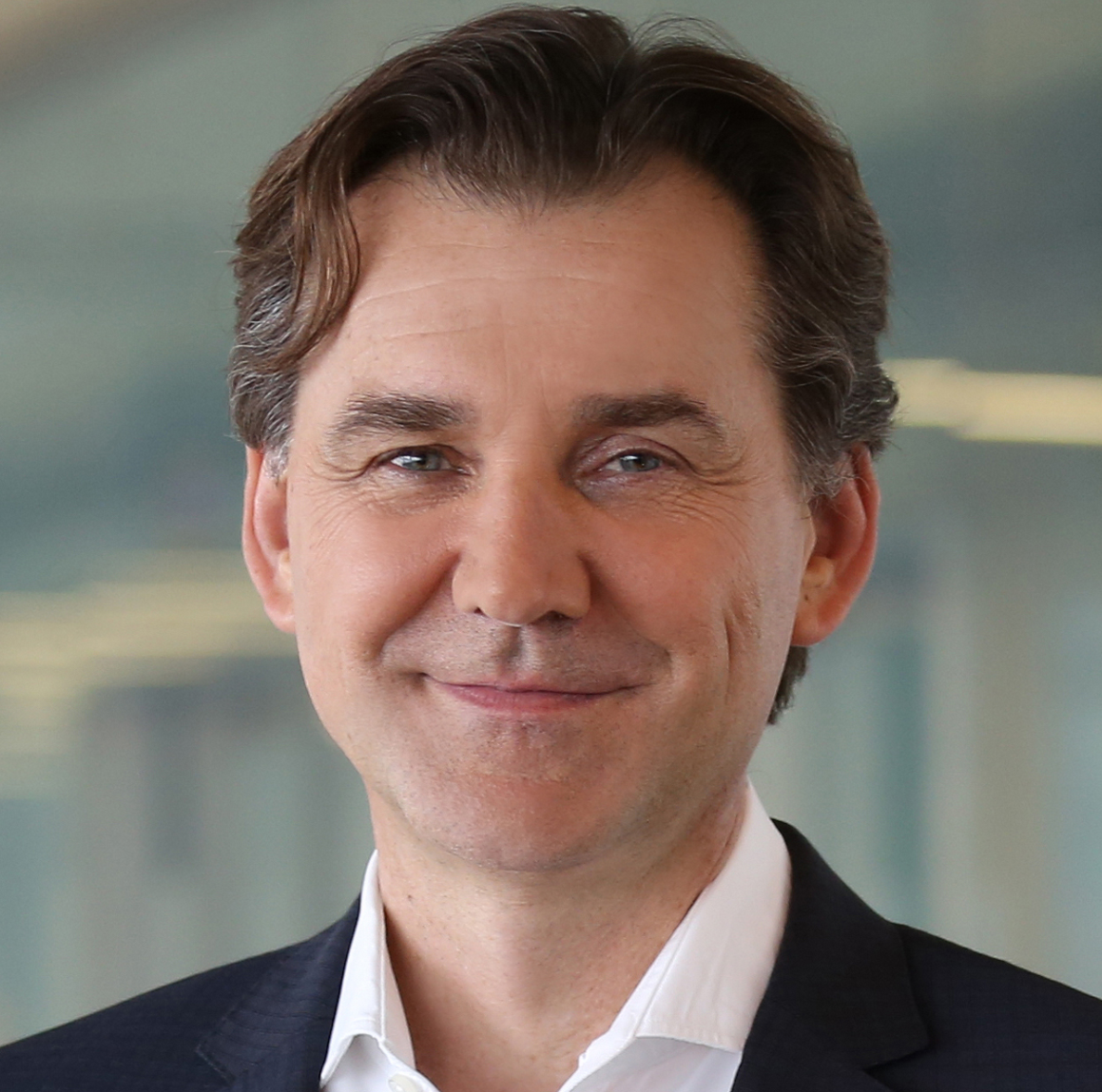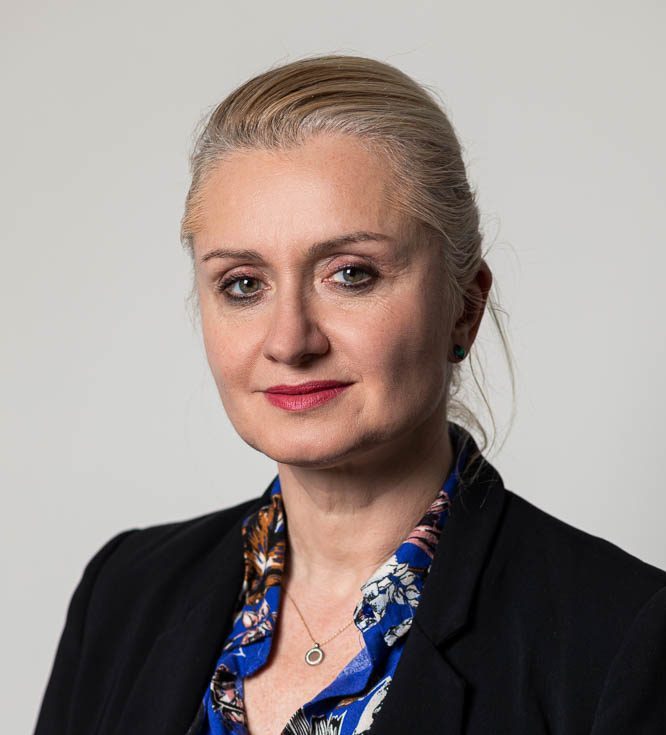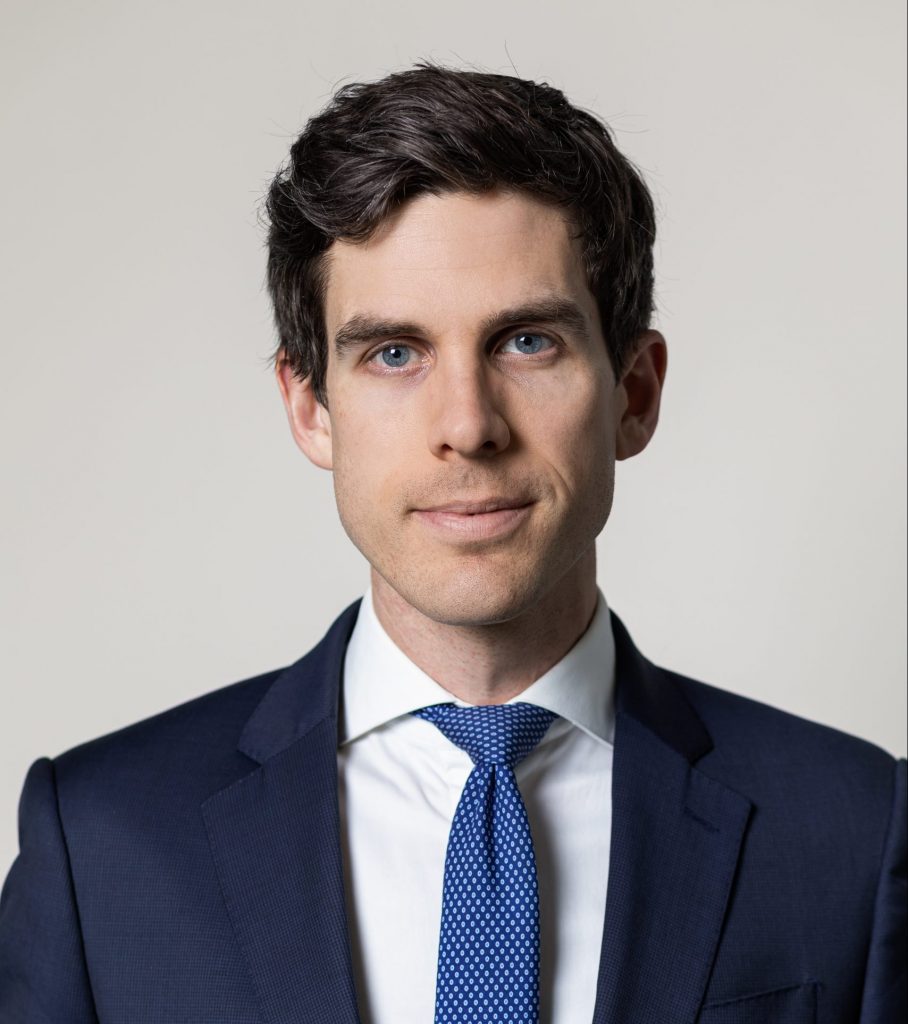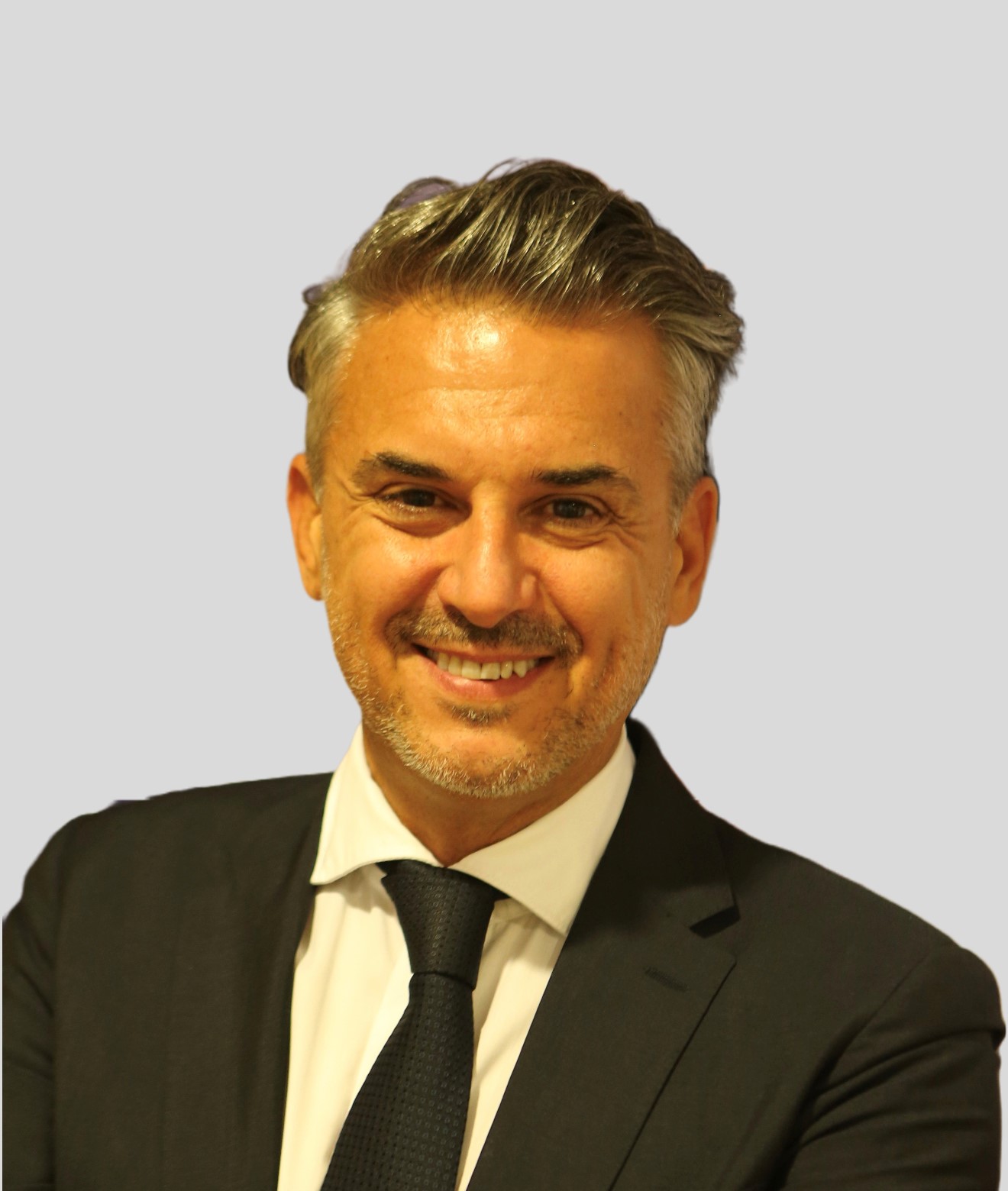Who we are
The Association of European Development Finance Institutions, or EDFI, was established in 1992 to support and promote the work of 15 bilateral Development Finance Institutions (DFIs), who manage a combined portfolio of €53 billion, including more than €15 billion as climate finance.

EDFI mission
To promote the joint interests of the members, inform policy, and drive innovation in industry standards.
The association of bilateral DFIs forges cooperation with EU institutions, international bodies, and other DFIs.
EDFI boosts member efficiency and effectiveness, provides them with common representation, develops and supports joint policies, and secures financing opportunities.
EDFI vision
A world where private sector firms offer people in low- and middle-income countries a path to decent work and improved lives.
Private investment flows from DFIs who align with UN Sustainable Development Goals and the Paris Climate Agreement.
Reaching that vison requires EDFI to inform partners, policymakers and governments, and other stakeholders about DFIs and their contribution to development.
History
DFIs emerged right after World War II. CDC in the United Kingdom was established in 1948, DEG in 1962, IFU in 1967, and FMO in 1970. Gradually, more and more countries looked at ways to support private sector investments in developing countries followed by setting up their own DFI.
Seven European DFIs agreed in 1992 to establish the Association of European Development Finance Institutions (EDFI) to strengthen cooperation and to facilitate knowledge sharing and learning. The Association grew further since then, with 15 members today it remains open to growing its membership.
EDFI aims to play an important role in helping members respond to the new development paradigm by stepping up its communications and adding more resources.
Governance
EDFI asbl is a non-profit association, registered in 1992 within Belgium. Its legal bodies are defined in its bylaws. The EDFI supreme body is the General Meeting, which convenes once a year. Extraordinary General Meetings are convened by the Board of Directors whenever deemed necessary or upon request of one fifth of its Members.
The Association is managed by a Board of Directors consisting of up to seven directors, elected by the General Meeting among the representatives appointed by the Members, by a simple majority, for a two-year term. They are eligible for re-election at the end of their first term for a total of four consecutive years. The Board of Directors elects the Chairperson among the directors or it may nominate an individual to be elected both as a Director and as a Chairperson, also for a renewable two-year term. The current Chairperson is serving in an individual capacity and has been elected by the General Meeting.
The General Manager, nominated and revoked by the General Meeting, is responsible for EDFI daily management and reports to the Board of Directors.
Board of Directors
Strategy 2024-2027
The EDFI Strategy 2024-2027 provides direction to the Association of European Development Finance Institutions. Approved at the Annual General Meeting, it focuses on promoting development impact and operational efficiency, accelerating collective mobilising power to increase private finance for sustainable development and support the achievement of the UN 2030 Agenda for Sustainable Development, all while improving the EDFI Membership Network. See the two-page summary.
Strategy Elements
Promoting Development Impact and Operational Efficiency
Advocating for improved regulatory frameworks, especially sustainable finance regulations, and for establishing incentives to enhance sustainable finance practices in the countries where EDFI operates, with a focus on driving development impact and operational efficiency.
Accelerating Collective Mobilising Power
Improving the EDFI Membership Network
Intensify partnership with the European Union
The EU as a global player, be it (i) setting sustainable finance standards; (ii) providing innovation and instruments in the global development finance architecture; and (iii) using its geopolitical and economic weight to defend multilateralism, democracy, and free markets.
Crosscutting pillars
Engagement with the European Union and strategic global partnerships cuts across the strategy pillars.
Learn more about the strategy
See the two-page EDFI 2024-2027 strategy summary
